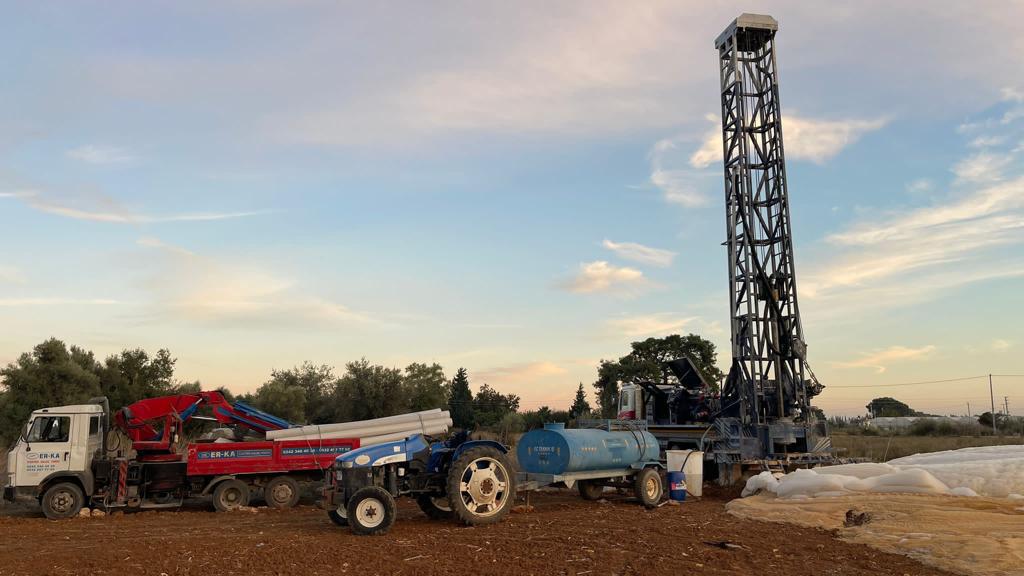Groundwater research involves a series of studies conducted to identify, characterize, and manage underground water sources. Such research is typically carried out within the field of hydrogeology, aiming to understand the quantity, quality, flow, and characteristics of groundwater.
Groundwater research may include the following elements:
Geophysical Studies: Geophysical methods are used to map underground water layers. The depth, thickness, and characteristics of groundwater layers are determined using electromagnetic, magnetotelluric, or seismic methods. Well Drilling: Drilling is conducted to determine the quantity and quality of groundwater. These drills are performed to access groundwater layers and analyze the properties of the water. Hydrogeochemical Analyses: Hydrogeochemical analyses are conducted to determine the chemical composition and quality of groundwater. This helps assess the suitability of water for specific uses such as human consumption or agriculture. Hydrological Modeling: Hydrological models can assist in managing groundwater resources by simulating the water cycle, including precipitation, evaporation, groundwater movements, and other factors. Topographic and Geological Maps: In groundwater research, topographic and geological maps are used to determine factors such as the movement, storage, and extraction of water.
Groundwater research is crucial for ensuring the sustainable use of water resources, planning water supply projects, and making informed decisions regarding water quality. Such studies are a fundamental step in providing reliable water sources to local communities and industries.

